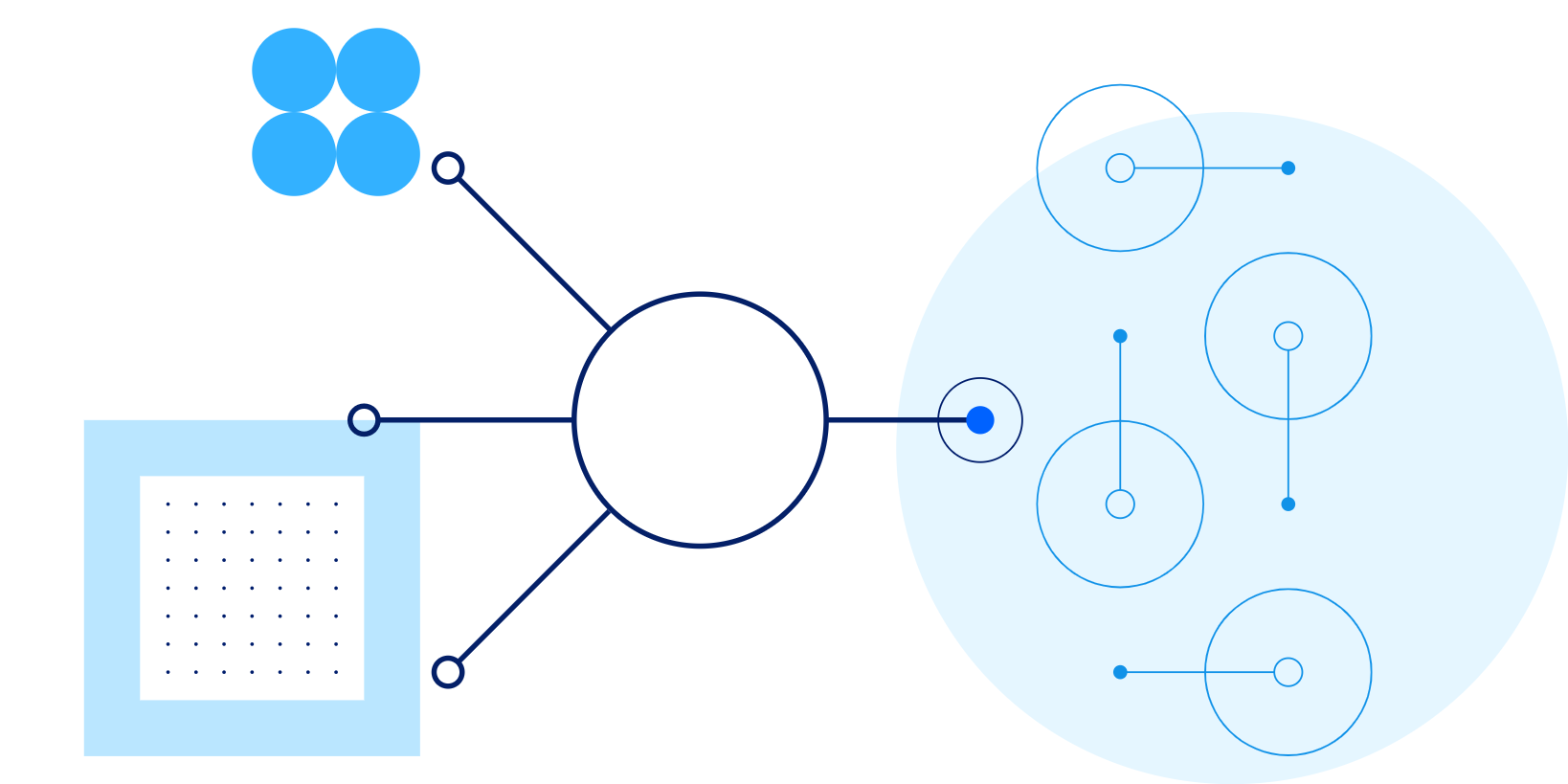Perspectives
Empower your people
22 October, 2019 | Written by: Andi Britt
Categorized: Perspectives
Share this post:
Culture matters: humanity is at the heart of the Cognitive Enterprise
Technology may be driving the current evolution of business. But smart organisations realise that becoming a Cognitive Enterprise requires more than just a few training sessions on the latest software. It necessitates a significant shift in skills, attitude and culture that empowers employees to grow – and thrive – with the business.
CHROs have a lot to grapple with as they contemplate the future. AI will impact 100% of jobs as it becomes embedded into the workflows that make up those jobs. The CHRO has to address a certain amount of fear and uncertainty in the workforce. They must oversee a shift in day-to-day work patterns to reflect agile working. And they must establish the perimeters of trust their teams can place in the AI-driven recommendations.
With robots and automation increasingly taking on tasks performed by humans, CHROs should be very clear on the way they position AI within their workforce. AI can infuse innovation and efficiency into the enterprise. But it should be utilised to augment employees’ intelligence, never to replace it. It should harness the skills and knowledge of the best performer, enabling the whole team to make faster, more intelligent decisions.
As businesses increasingly adopt a platform model, they will encounter a shortage of the skills needed to get the best out of new technology. Everyone is competing with everyone for the same talent – the digitally savvy, the analytically competent, the agile scrum masters are in high demand. The latest IBM Global C-suite Study cited people skills as one of the top challenges CEOs face.
Many firms realise that they can’t buy their way out of the problem – hiring from the outside is not always sustainable. Instead, businesses need to build by continuously reskilling from within, giving people the tools to learn and develop in line with changing needs.
Meanwhile, AI-infused workflows at the heart of the Cognitive Enterprise are driving organisations to reassess the skills and expertise they will need. Most organisations have no idea what skills they have in their existing workforce, much less what they will need in the future.
Here, leading organisations are leveraging AI to identify skills gaps and design personalised learning programmes to fill them. AI can also mobilise people internally by recommending new roles and development opportunities for them to apply to.
The make-up of a Cognitive Enterprise, sharply focused on innovating and meeting customer needs, increasingly favours flatter structures and agile teams made up of diverse but complementary skills. The fixed organisational structure will be a thing of the past, as companies switch to fluid structures and rapid assembly of teams with the right skills. Continuous learning and rapid reskilling will become the default mode of organisational learning – and employees will expect to reinvent themselves on an ongoing basis, picking up the skills they need to thrive in a fast-paced, innovative environment.
AI solutions can recommend learning content tailored to each employee, curating a personal curriculum that can be consumed in the most effective way – whether through podcasts, face-to-face training sessions or YouTube clips. But agile teams also learn through doing, with team leaders sharing feedback daily or weekly. This continuous cycle of feedback can be captured and shared with managers outside the team to support employees’ ongoing skills development.
As a result of this exponential learning culture – or the self-reinventing workforce – many organisations will begin to hire based on personal attributes such as curiosity and aptitude, alongside or instead of traditional qualifications.
With these parallel shifts in technology and culture, the role of the CHRO is evolving. The CHRO must step up to the challenge, moving from being an arbiter of HR policy and process to the guardian of people, skills and experience.
The CHRO must reimagine the way people work in order for the business to become a Cognitive Enterprise. They should push for every process to become simplified and digitised, to meet the expectations of a new generation of employees who expect every interaction at work to be as simple and intuitive as using their smartphone. And, perhaps most importantly, they must enhance their own skills in data modelling and analysis, shifting from subjective advice to objective insights based on data.
IBM is working closely with organisations who understand they have a responsibility to prepare the workforce of the future for an AI-infused world.

Senior Partner - IBM Talent & Transformation, IBM Services Europe
Generative AI: driving a new era of HR transformation
Helen Gowler, Partner, EMEA Talent & Transformation Lead Today, I’m proud to be part of a company that’s committed to addressing gender bias in the tech industry. IBM is pioneering the use of AI to tackle this issue, and I’m excited to contribute to this effort. Our team is developing AI models that can detect […]
Multi-Modal Intelligence Platform
Traditionally, data management systems provided only numerical or textual based business intelligence primarily for back-office users across finance, sales, customer management and supply chain. Today, we are increasingly seeing data management systems which drive key business functions requiring interrogation of multi-modal data sets from documents, presentations, images, videos to audio. This demands a more sophisticated […]
The use of GenAI to Migrate and Modernise Organisational Core Programming Languages
GenAI is hugely powerful and supports a diversity of use cases by focusing on routine work – allowing people to focus time on value-add tasks, thus enhancing productivity. The focus of this use case is for an organisation which had previously focussed on a legacy set of tooling and programming languages and needed a way […]


